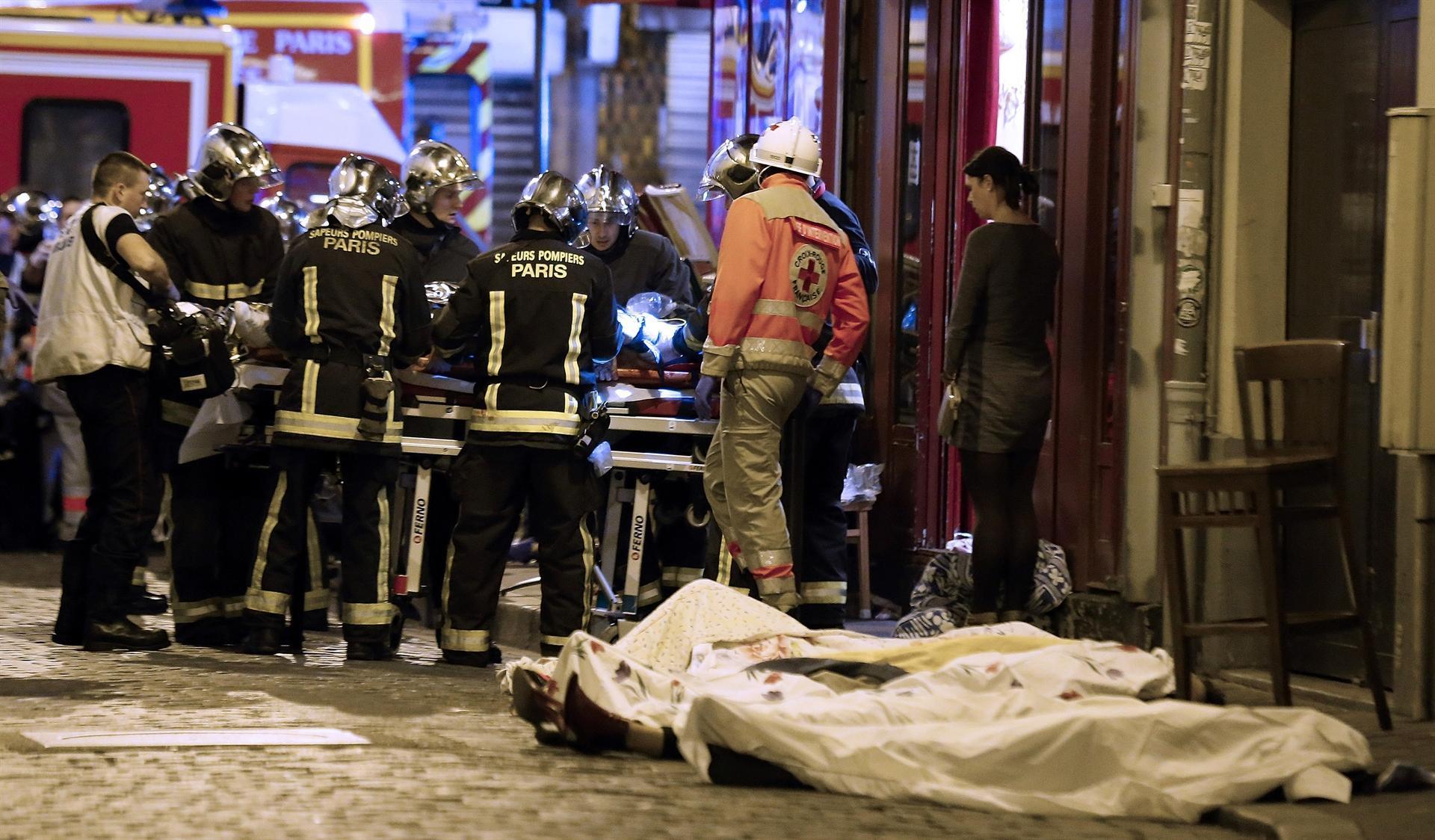
The biggest trial in France’s modern legal history begins on Sept. 8 over the November 2015 attacks on Paris that saw 130 people killed at bars, restaurants and the Bataclan concert hall.
The suicide bombing and gun assault by three teams of jihadists, planned from Syria and later claimed by the Islamic State group, was France’s worst post-war atrocity.
The only surviving attacker, Salah Abdeslam, will be in the dock at the purpose-built facility at the historic court of justice on the Ile de la Cite in central Paris, along with 13 other defendants.
Six others are being tried in absentia. Twelve of the 20 people on trial, including Abdeslam, face life sentences if convicted.
"We are entering the unknown," said Arthur Denouveaux, a survivor of the Bataclan music venue attack and president of Life for Paris, a victims’ association. "We can’t wait for it to start, but we’re asking, How will it be for the next nine months?"
The trial will last until May 2022, with 145 days for hearings involving about 330 lawyers, 300 victims and former president Francois Hollande, who will testify in November.
The case file runs to a million pages in 542 volumes, measuring 53 meters across.
Justice Minister Eric Dupond-Moretti this week described the trial as "historic" and "one of all superlatives" as he inspected the courtroom.
Surviving gunman Abdeslam, now 31, who was born in Belgium but has French and Moroccan nationality, fled the scene of the carnage after abandoning his suicide belt, which investigators later found to be defective.
He was captured four months later in Brussels, hiding in a building close to his family home.
Abdeslam has resolutely refused to cooperate with the French investigation and remained largely silent throughout a separate trial in Belgium in 2018, where he declared only that he put his "trust in Allah" and that the court was biased.
A major question is whether he will speak at his scheduled testimony, set for mid-January.
Another focus of the trial will be on how the squad of killers managed to enter France undetected, allegedly using the flow of migrants from Islamic State-controlled regions of Syria as cover.
Fourteen of the accused - who face charges ranging from providing logistical support to planning the attacks as well as weapons offences - are expected to be present in court.
They include a Swedish national, Osama Krayem, who Belgian investigators have identified as one of the killers of a Jordanian pilot burned alive in a cage by IS in early 2015 in Syria. He is also under investigation in Sweden for war crimes.
The alleged coordinator, Belgian national Abdelhamid Abaaoud, was killed by French police northeast of Paris five days after the attacks.
Of the six tried in absentia, five are presumed dead, mainly in air strikes in Syria.
The horror was unleashed late on the night of Friday, November 13, when jihadists detonated suicide belts outside the Stade de France stadium where Hollande was in the crowd watching France play a football match against Germany. A single person was killed there.
A group of Islamist gunmen, including Abdeslam’s brother Brahim, later opened fire from a car on half a dozen restaurants in the trendy 10th and 11th Arrondissements of the capital, which were packed with people on the balmy autumn evening.
The massacre culminated at the Bataclan music venue. Three jihadists stormed in during a performance, killing a total of 90 people.
While the trial’s initial phase will be devoted to procedural issues, raw emotion is expected from September 28 when testimony begins from some 300 survivors and relatives of victims for five weeks of harrowing statements.
Security forces will be on high alert.